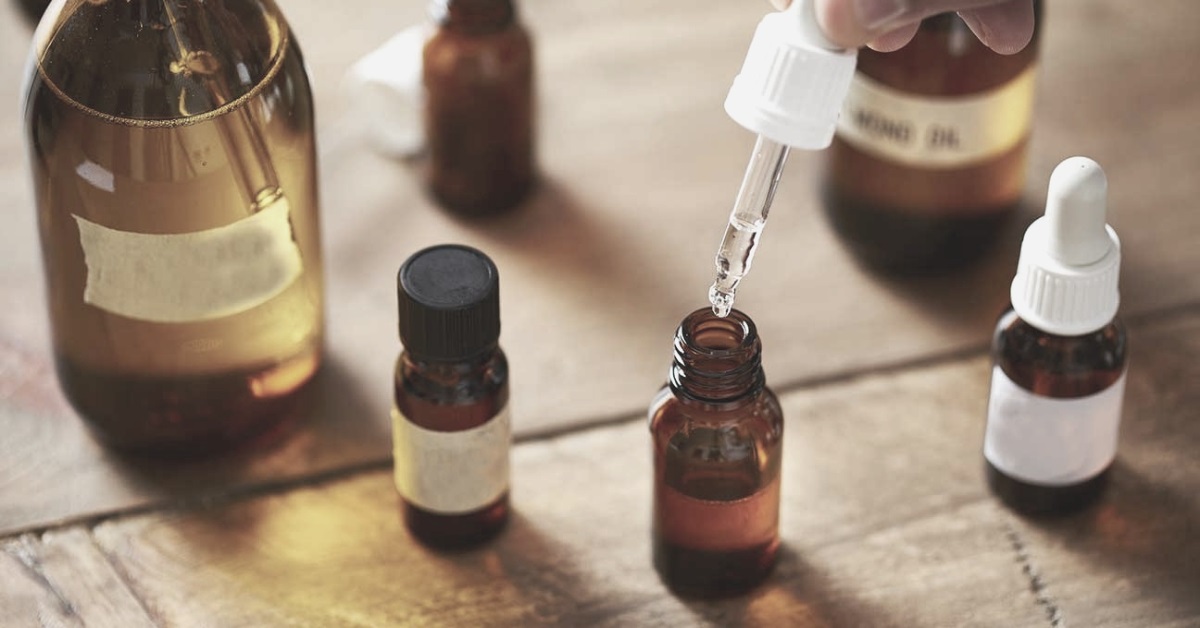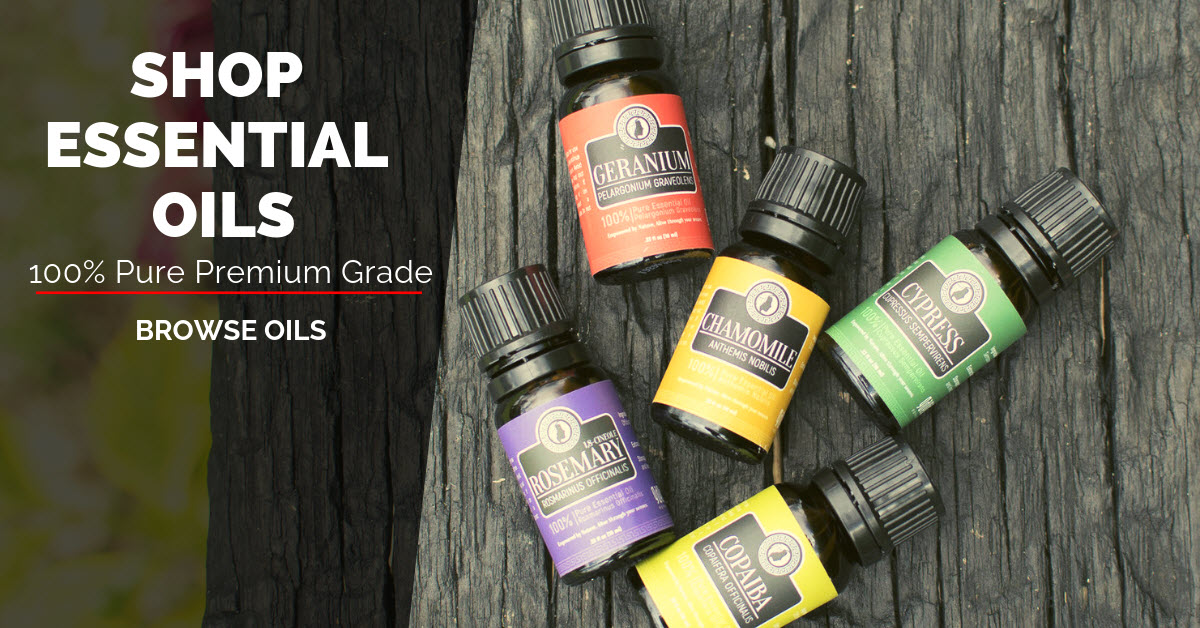Should The Fact That Your Oils Are Not Labelled Therapeutic Grade Concern You?
Great question…
With a very easy answer.
Nope. Not in the slightest.
The term Therapeutic Grade is a trademarked term belonging to one of the larger essential oils companies as recognition of their own in-house testing methods.
Likewise, the term “Food Grade Essential Oils” can be misleading as it does not actually comment on how pure the essential oil might be or indeed how one might be expected to use it. These terms are marketing terms to show you whom you are buying your bottle from; nothing more and nothing less.
The essential oils industry has no such quality standard benchmark in place.
To a certain extent we are vetted by AFNOR, a French organisation who gauge what the chemical parameters of an essential oil should look like.
There should be above % of this certain chemical or below a certain % or that, but these are simply to protect their own production specialists to ensure that each oil that comes out of France has a fairly similar profile.
Likewise, we also have ISO standard that comments on how well one can chase the audit trail of production of an oil from when the seed is sown to the bottle going onto the shelf.
On many levels this is a guide to help buyers to know this producer should be easy to deal with, but again, says very little about the quality of the oil.
It’s an indicator that the producer cares about the product they are creating, but it certainly does not give any clues as to superior / inferior quality.
These are guides, often when we use these guides they form a mosaic that helps us to choose a producer who understands what it takes to make an excellent oil and has superb protocols in place to ensure they can replicate their levels of service over and over again.
Continuity and reliability, or course is a very important aspect of quality.
Quality is a very subjective term and one that is bandied about carelessly and with very little thought.
On many levels, it can change based on the needs and requirements of the buyer at any given time.
Aromatherapy is an enormous industry.
Even though, it uses only about 5% of the essential oils produced in the world.
Fragrance, for example, uses ten times the amount on an annual basis. Pharmaceuticals too, use twice as much.
Will the parameters of the perfumer be the same as the needs of the company who wants to use lavender oil to make a medicine? Absolutely not…
The first requires a delicious fragrance with many layers and often a strange quirk of airiness o or dustiness that will smoulder in the midst of their scent.
The second perhaps only wants to exploit one particular constituent and wants it to be high in linalyl acetate to extract that to create a medicine for depression or one high in linalool to calm the pain of inflammation too.
As aromatherapists we perhaps sit in the midst of the two and because we are so small in a multi-billion dollar industry, we must rely on guides from benchmarks, from quality analyses from GC/MS reports and most of all upon our nose.
GAEA Royals Essential Oils
We give full transparency with out customers. Instead of using marketing terms like “Therapeutic Grade”, we provide GC/MS reports for all our oils.
We urge you to view our GC/MS reports to reassure yourself of our excellent quality, 100% pure essential oils sourced from some of the most careful distillers entirely with therapy in mind.
In the end though…trust your nose.
We love the oils we have chosen and we are confident that you will too.
Read Next:


